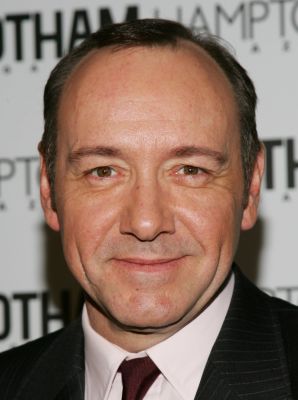Back when I was in grad school and I had to teach astronomy labs, my colleagues and I would compile collections of songs that had vague references to physics to amuse the undergrads during the painfully long and cold hours of failed stargazing, as clouds obstructed their view. One favorite was Enigma's "Gravity of Love," so it seems wonderfully apt that I should hear the song again, for the first time in years, in a shop in Ponta Delgada, Azores, where I'm attending FQXi's 2nd International Conference.

Strange soundtrack coincidences aside, the meeting kicked off officially this evening with a talk by investigative reporter Peter Byrne, who is writing a book on the troubled life of Hugh Everett III, the physicist who came up with the many worlds interpretation of quantum mechanics. Byrne talked about uncovering previously unseen documents that gave new insight into Everett's home life, the reception of his radical interpretation of quantum mechanics that posits the existence of parallel universes, his little-known achievements in the field in economics and his work with the Pentagon on nuclear weapons. I won't summarise Byrne's words here because FQXi writer Grace Stemp-Morlock has already done a stellar job of that in this article: "The Many Lives of Hugh Everett III."
What I will talk about are a couple of questions raised by Stemp-Morlock's article that I chatted with Byrne about over dinner. The first was triggered by a quote from Byrne about Everett's work optimizing the "cost-benefit" of both offensive nuclear weapons and defensive systems; Everett wrote much of the original software for the first Single Integrated Operating Program, the ultra-secret hydrogen bomb targeting list. To quote Byrne: "Everett himself would have been Dr. Strangelove. He was the quintessential Cold War technocrat. Here's this guy who is actually designing multiple scenarios for World War Three that believes that there are multiple universes where his designs are being implemented. Yet he did it anyway."
Which brings up the question: If you believe in the existence of parallel universes, such that every possible scenario is realized somewhere, should you live by a different code of ethics? That is, should you be more careful in your choices, in the belief that the bad possible outcomes of your actions not only may come true but _will_ come true in some universe? For example, should you be more reluctant to take up smoking knowing that, in some subset of universes, you are consigning your descendent selves to developing lung cancer? What responsibility do you have (if any) to those descendant selves?
We didn't come up with any definitive answer to that, unfortunately. The second question touched on in the article was far easier to handle. Stemp-Morlock imagines a Hollywood movie dedicated to the life of Hugh Everett III--in the style of the movie "A Beautiful Mind" about the life of John Nash. There is certainly enough material to merit such a film. But who should play the lead role?
Byrne's pick is Kevin Spacey. He does seem to be the ideal choice and he has a surprising connection to Byrne. Some 20 years ago, Byrne--then a theater director--cast Spacey in his very first acting job, in a play about soccer hooligans called "The Barbarians." So how about it Kevin? Is it time for Hugh Everett The Movie? And if not Kevin, who else should play the role?